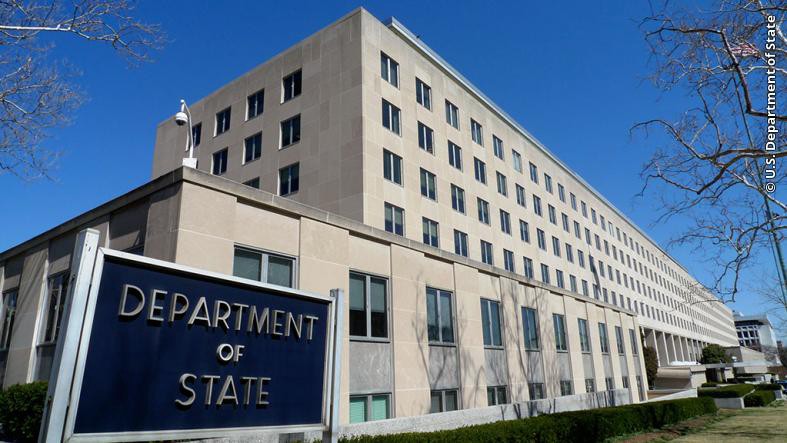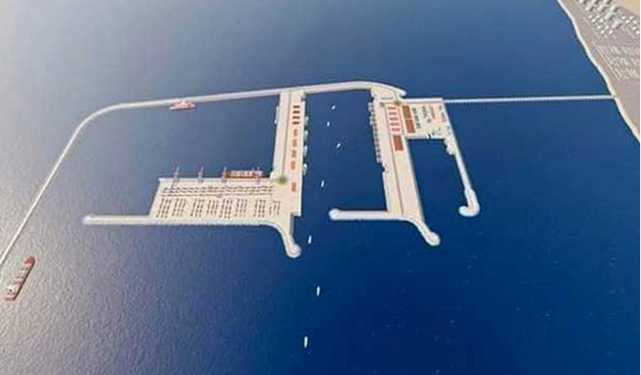 Morocco’s counterterrorism efforts largely mitigated its risk of terrorism, although the country continued to face sporadic threats, largely from small cells, the US State Department said.
Morocco’s counterterrorism efforts largely mitigated its risk of terrorism, although the country continued to face sporadic threats, largely from small cells, the US State Department said.
The country’s comprehensive anti-terrorism strategy helped it offset the risk posed by cells inspired by or affiliated with ISIS, the 2018 US State Department County Report on Terrorism said.
The report recalls that Morocco has been spared terrorist attacks with the most recent since 2011 taking place near Marrakech where two Scandinavian tourists were savagely killed in an ISIS-inspired attack.
Morocco’s pro-active and pre-emptive approach enabled the breaking up of 20 terrorist cells and the arrest of 71 individuals plotting attacks on sensitive infrastructure, it said.
The report also pointed to the efficiency of Morocco’s security agencies including the bureau for judicial investigations (BCIJ).
On Morocco’s multi-ponged anti-terrorism strategy, the US State Department shed light on the relevance of Morocco’s strategy to counter violent extremism.
“Morocco has a comprehensive CVE strategy that prioritizes economic and human development in addition to countering radicalization and oversight of the religious sphere”.
To counter violent extremism, “Morocco promotes an interpretation of the Maliki-Ashari school of Sunni Islam, which it considers moderate.”
In this respect, Morocco has offered training to 50,000 Imams including women preachers and fights extremism in prisons.
Internationally, Morocco is co-chair of the Global Counterterrorism Forum (GCTF) together with the Netherlands and has hosted two GCTF events in 2018, the “Initiative to Address Homegrown Terrorism” and the “Workshop on Countering Violent Extremism in Prisons.”
Morocco is a major non-NATO ally hosting annually the AFRICAN LION exercise. The North African country also has strong cooperation with European partners – especially Belgium, France, and Spain – to thwart potential terrorist threats in Europe.



